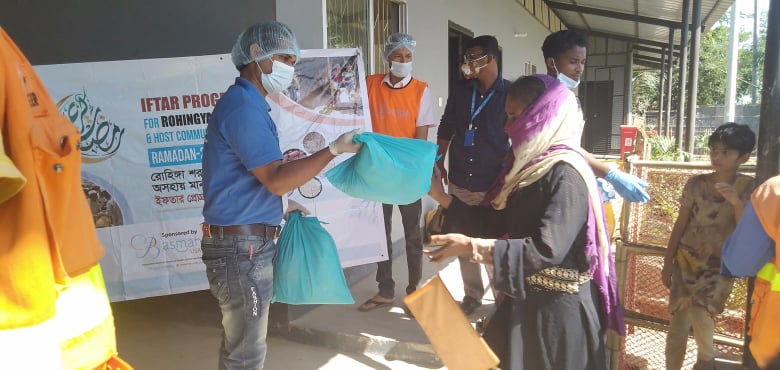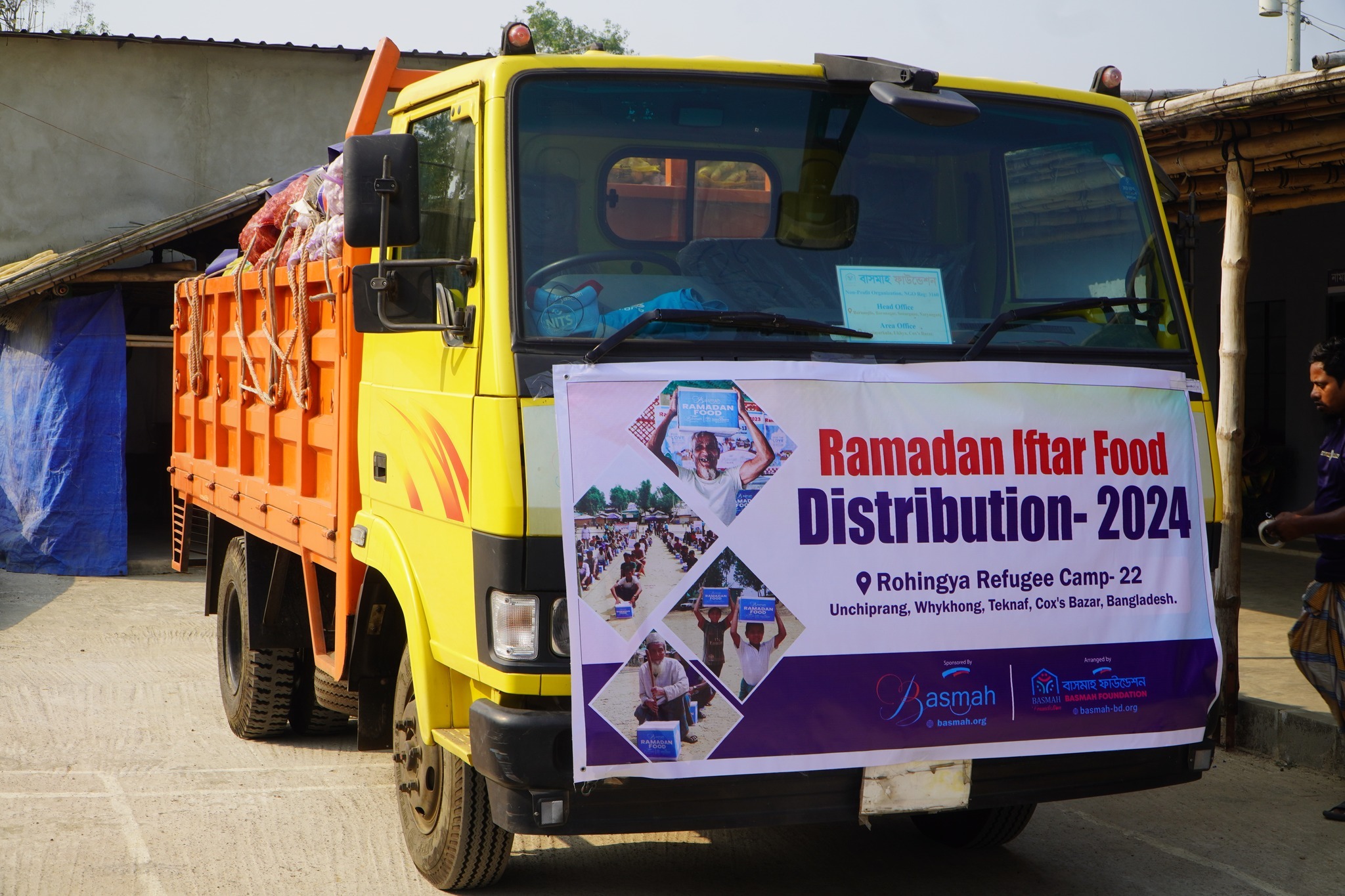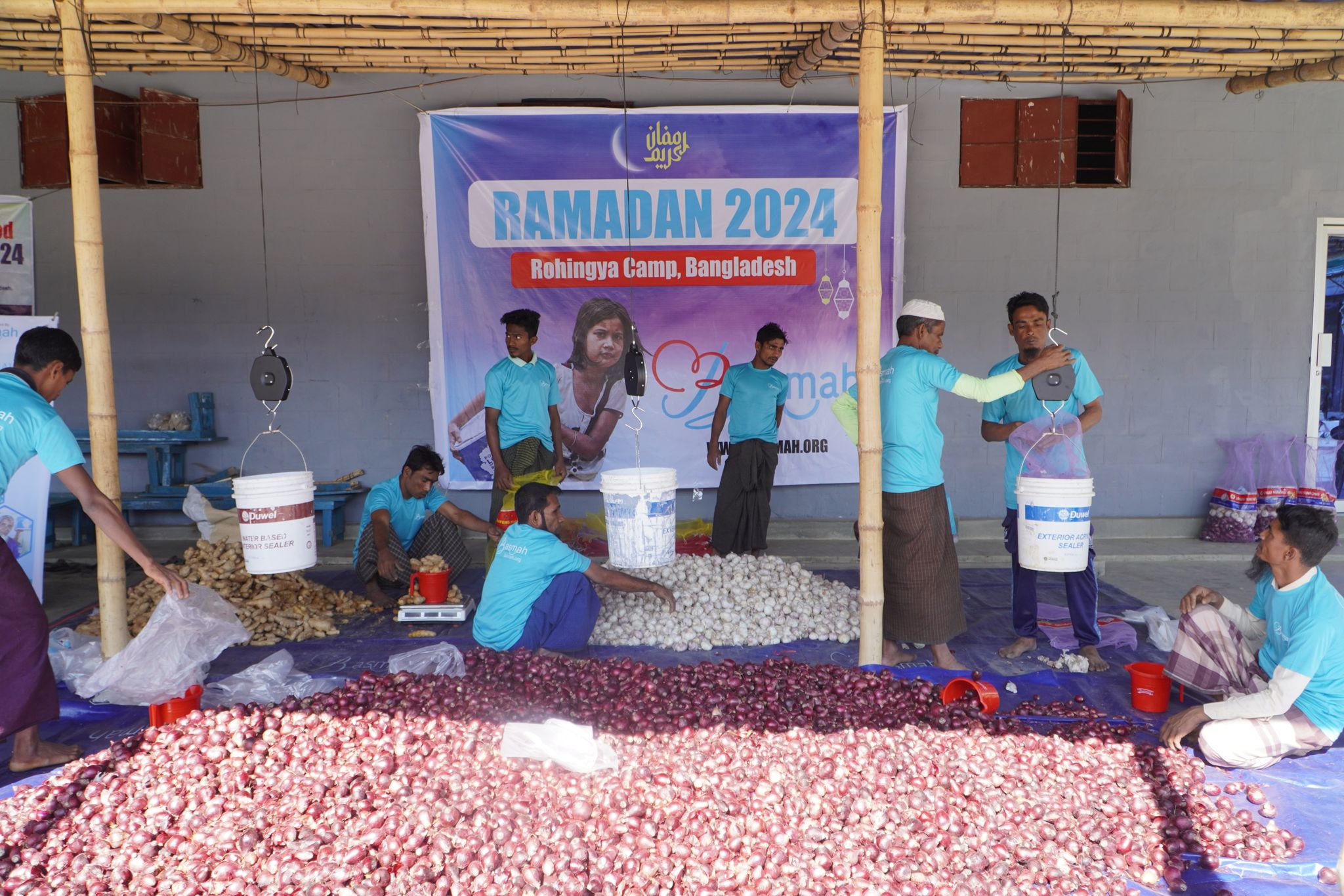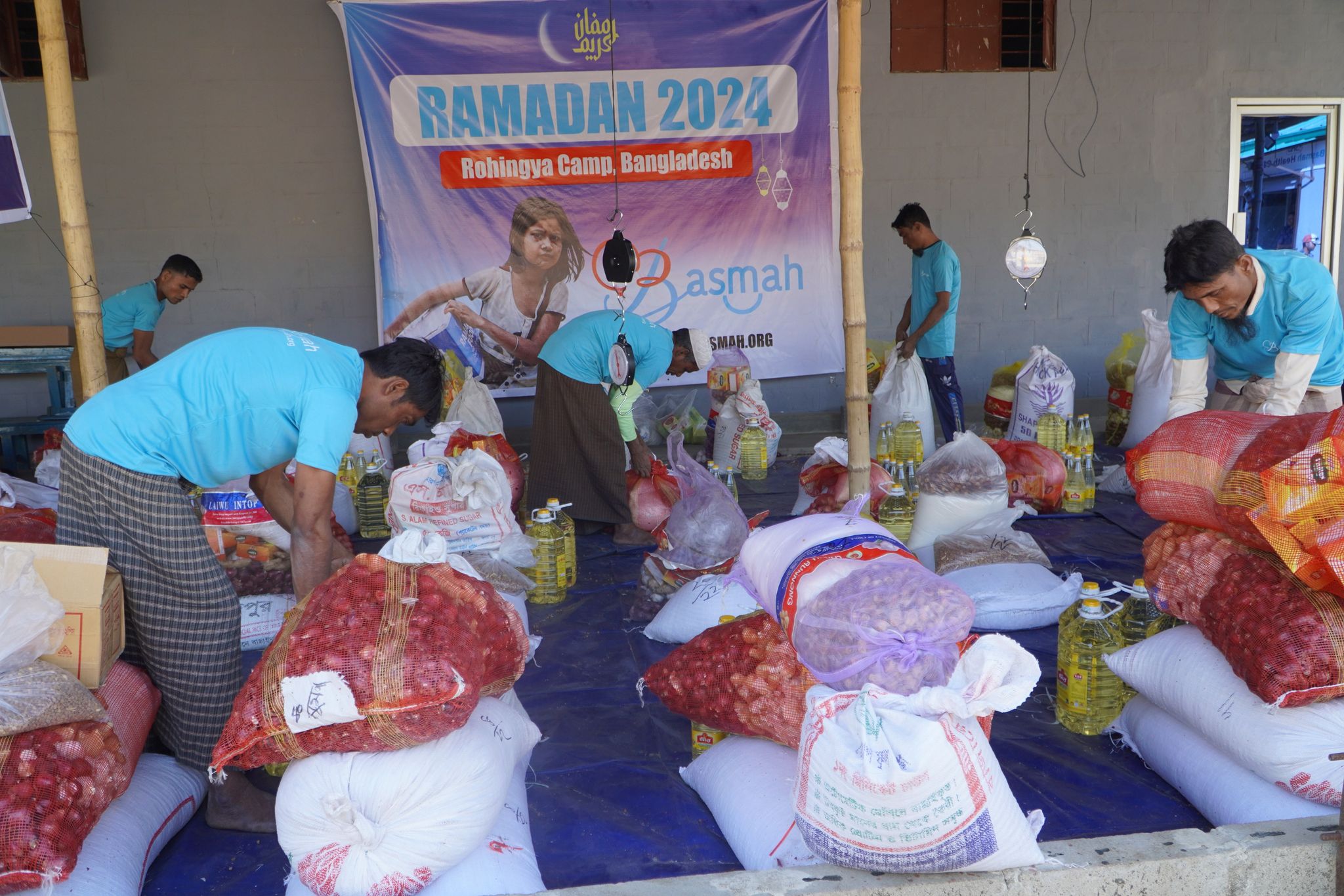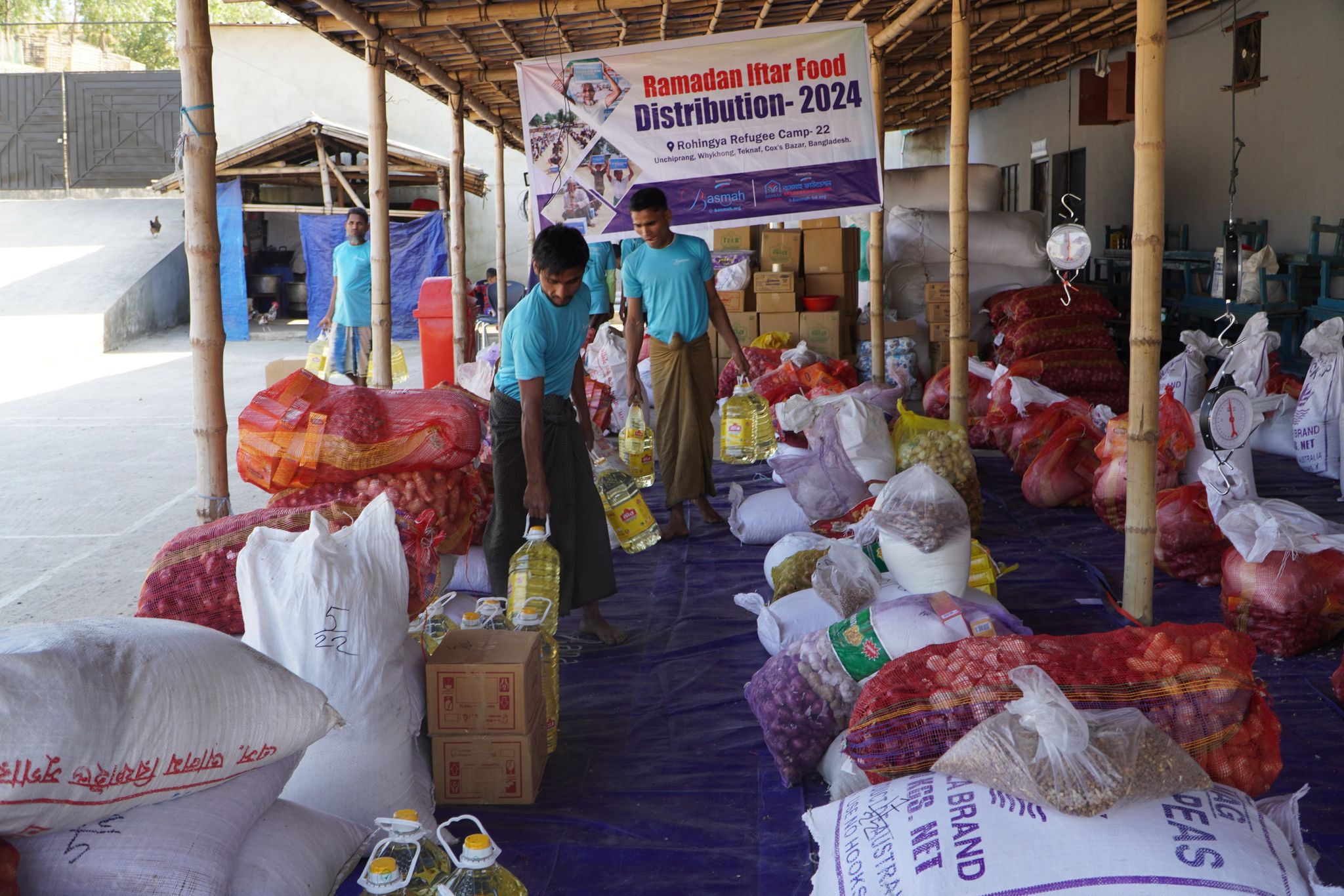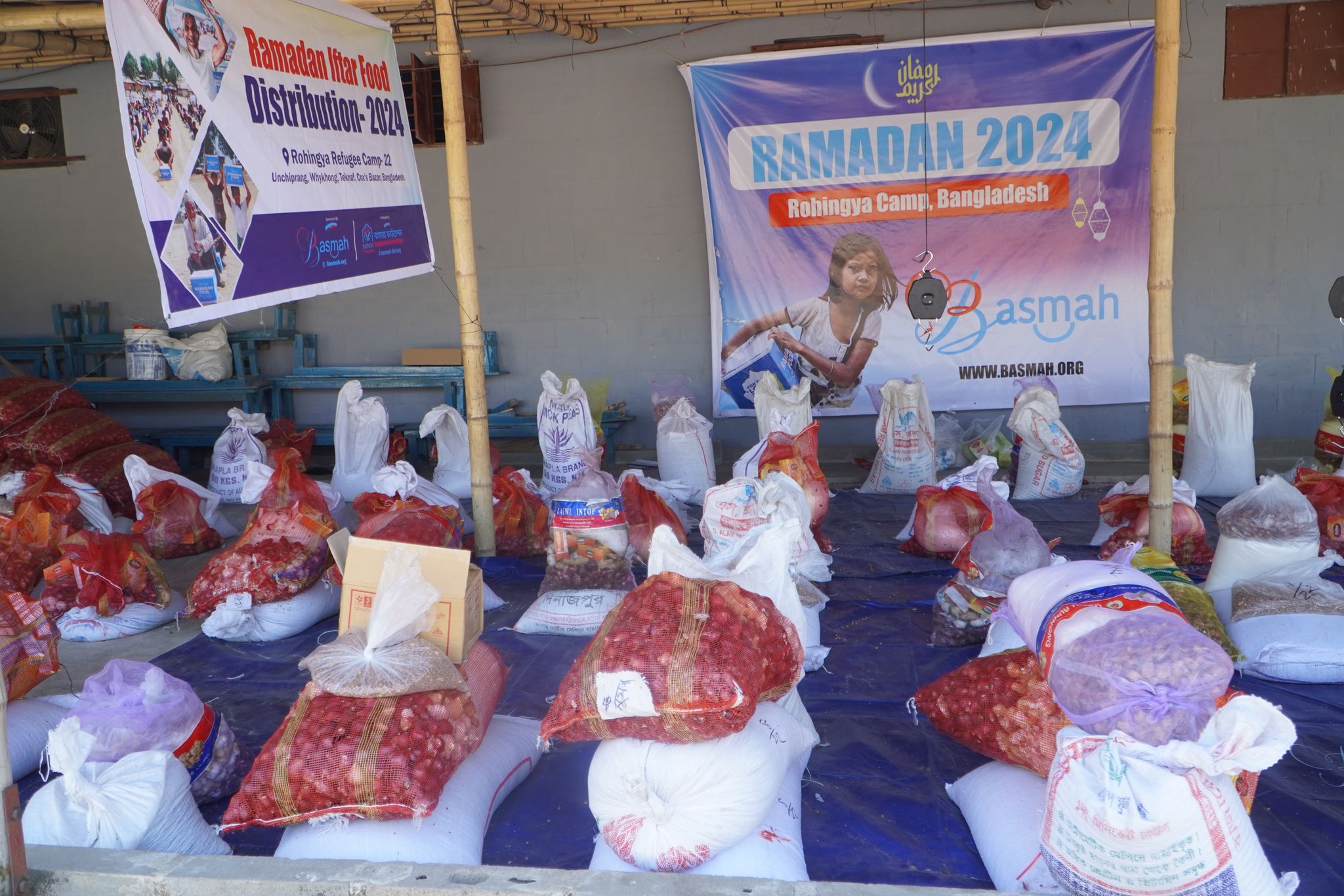The Military Coup in Myanmar and its Impact on the Rohingya Refugees
Rohingya Refugees
By Tahia Asad of Purple Sheek Media
With Myanmar’s military seizing power in a coup against the democratically elected government, the United Nations fears the current coup in Myanmar will worsen the extremity of some 600,000 Rohingya Muslims still in the country. Current Conditions of the Rohingya Refugees A 2017 military crackdown in Myanmar’s Rakhine state sent more than 700,000 Rohingya Muslims fleeing into Bangladesh, where they are still stranded in refugee camps. This caused U.N. Secretary-General and Western states to accuse the Myanmar military of ethnic cleansing, which it denied.
The future of the Rohingya now looks even darker after the military coup in Burma this week, where that minority has suffered what the UN called “ethnic cleansing with signs of genocide”. The aftermath of the coup is still unfolding, but human rights advocates and experts are fearful of what might happen to anyone who challenges the regime. Myanmar leader Aung San Suu Kyi is among the politicians to have been detained by the military in an early morning raid, according to her party. She is widely considered responsible for the Rohingya Genocide in 2017 when over 1 million people took refuge in Bangladesh.
Myanmar Military Coup; what it could mean for the Rohingyas The military has targeted ethnic and religious minorities in other places, as well, including in Kachin and Shan states. An independent fact-finding report commissioned by the UN Human Rights Council and published in 2019 found that “Myanmar’s ethnic groups have a common — but not identical — experience of marginalization, discrimination and brutality at the hands of the Myanmar armed forces, the Tatmadaw.”
If the minority communities try to be proactive and activate any human rights mechanisms outside of Burma, the army singles them out in an increase of repression. And that army is now fully in charge of the government. Gen. Min Aung Hlaing, head of the Tatmadaw, has been credibly accused of genocide and war crimes. Rohingya refugees in Bangladesh now fear for their compatriots still in Myanmar, now under military rule – as the Burmese army has historically engaged in crackdowns against the Muslim minority. Rohingya leader Dil Mohammad, who has represented Rohingya Muslims in repatriation talks with the Myanmar government, urged global governments to help restore democracy in Myanmar “at any cost.”
Bangladesh had earlier expected to begin repatriating some Rohingya back to Myanmar in the second quarter as part of a bilateral agreement between the two countries. Now, this pact is uncertain. The idea of them now being in control just feeds the impunity that they’ve been able to enjoy for so long Meanwhile, the Biden administration has already officially declared the takeover in Myanmar a coup. “The United States removed sanctions on Burma over the past decade based on progress toward democracy,” Biden said in a statement. “The reversal of that progress will necessitate an immediate review of our sanction laws and authorities, followed by appropriate action.”

